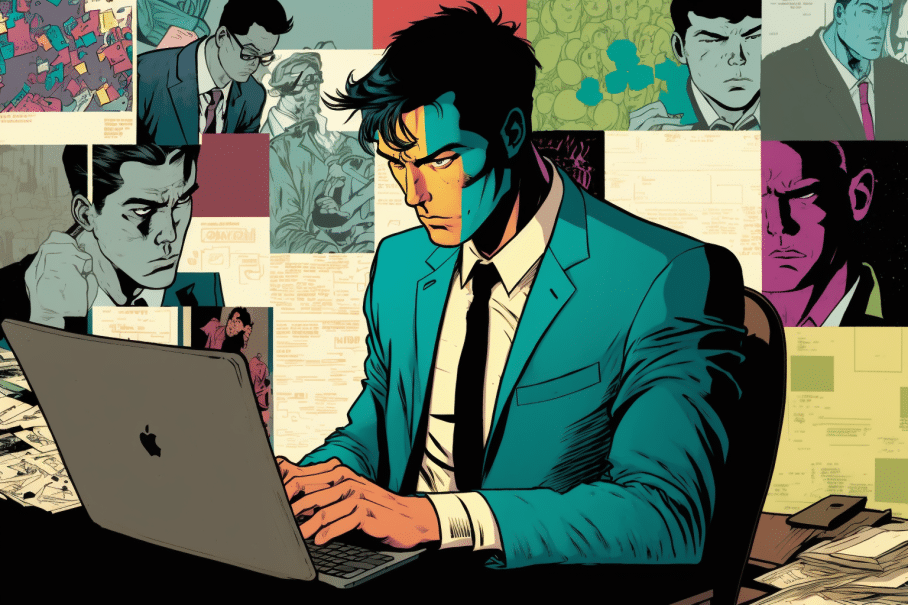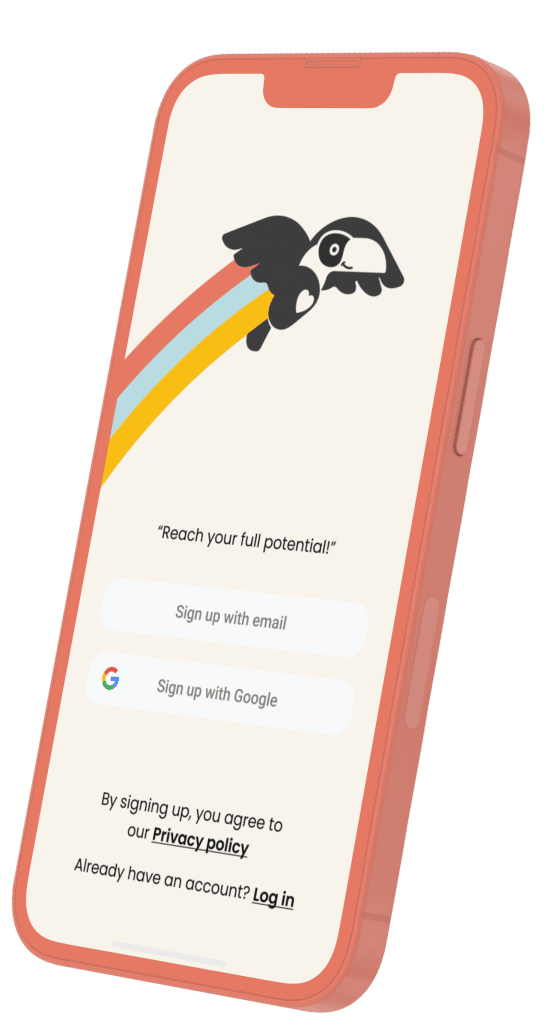In a few months since the ChatGPT release, the talk of job automation and the general impact of AI on work is not subsiding. And for a good reason: Chat GPT is already impacting our jobs.
In this article, we discuss on how OpenAI’s technology will define the future of work.
What is Chat GPT?
Okay, if you have been living under a rock:
ChatGPT is a large language model trained by OpenAI that can understand conversational language and generate virtually indistinguishable responses from a human’s.
The bot can write emails, essays, and poetry, answer questions, or generate lines of code based on a prompt – you name it.. The prompts can be designed to create rules for the bot to follow, thus training it to do complicated tasks.
In true Internet fashion, people have been creating prompts for GPT to be a dungeon master, pet behaviorist, or gnomist (that is, of course, an expert in gnomes).
Ingenious applications aside, ChatGPT has many practical applications: drafting emails and content, brainstorming ideas, writing code, and whatnot.
Understanding that thousands of teams and professionals already use the generative AI model doesn’t take a press release.
Chat GPT is changing the way we work
Yes, you’ve read it right. The way we work.
By automating some tasks completely and augmenting others, Chat GPT technology frees up human resources on more complex issues or, simply does their work faster and better.
AI language models like Chat GPT are handy in fields where a large amount of information has to be analyzed and synthesized, for example, in content creation or legal research.
So, as the new technology rolls along, we have to once again, take a hard look at the work we’re doing and the value we’re creating.
The Impact of AI on employment
Have you ever wondered how complex calculations were made before computers? It used to take rooms full of people to do what we could simply run with several lines of code today.
Should we say that this profession is now redundant?

Image source: NASA Jet Propulsion Laboratory
And the exact change happened many times in virtually any industry.
AI will replace some jobs, especially highly repetitive or based on specific instructions or rules. According to McKinsey, Service operations (including customer service) and analytics are the most affected functions.
On the other hand, jobs that require adaptability, flexibility, or a strong human element, such as interpersonal skills, are less likely to be taken over by technology.
For example, therapists are unlikely to be replaced anytime soon.
We shouldn’t panic, though. History shows that if jobs have been lost to new technology, other roles have been created in their place, and the creation of new jobs resulting from the ability to develop and deliver new types of goods and services has far outpaced the number of jobs displaced.
The World Economic Forum’s Future of Jobs Report estimated in 2020 that while AI and robotics may displace 85 million jobs by 2025, another 97 million jobs may emerge from these changes.
What ChatGPT means for the future of talent acquisition
Basically, AI changes everything in employment.
For example, if a candidate could generate a motivational letter in a few seconds through chatbots, does it actually show their motivation?
Also, learning to harness the full potential of Chat GPT within your industry will soon become a prerequisite for the AI talent market. Just like basic use of Google and computer skills are a non-negotiable today.
What the rise of ChatGPT means for job seekers and employers
For job seekers, the rise of ChatGPT means that they will need to develop new skills to remain competitive in the job market.
As routine tasks are automated, employers will look for employees who can perform higher-level tasks requiring creativity and critical thinking.
Job seekers who can demonstrate these skills will be in high demand.
For employers, the rise of ChatGPT means that they will need to invest in training programs that help employees develop the skills required to work alongside AI technologies.
Consulting agencies are already saying that the key challenge in front of businesses is to stimulate adoption within the company.
Companies that can integrate ChatGPT technology into their workflows will have a competitive advantage in the AI job market.
Conclusion
While it’s true that some jobs might disappear because of AI, there will also be new positions opening up.
For job seekers, developing skills that require creativity and critical thinking is essential.
On the other hand, employers will need to provide training opportunities to help their employees improve in these areas.
As ChatGPT becomes more widely adopted, recruitment processes will change, and how candidates are evaluated will shift. Ultimately, making the most of ChatGPT’s potential will be essential in the AI job market.


